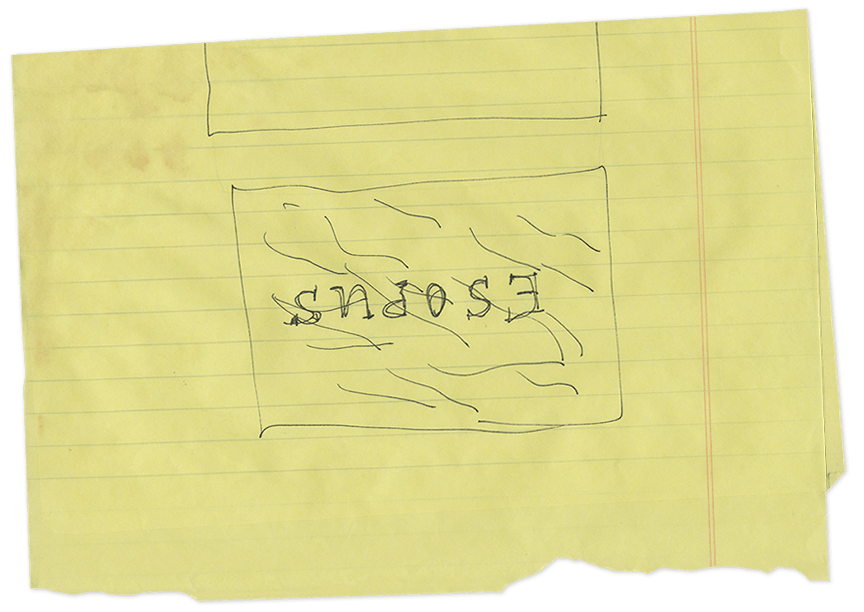


Stills from Baran (© 2001 Majid Majidi and Fouad Nahas)
.jpg)
.jpg)
100 Frames: Baran (2001)
Film by Majid Majidi; introduction by Hamid Dabashi
Esopus inaugurated its “100 Frames” series—in which 100 still images from a film are reproduced in the issue—with this remarkable 2001 film by Teheran-based director Majid Majidi. The sequence reproduced in the issue comes from the end of film as its two protagonists, Baran and Latif, part company—most likely, forever. Hamid Dabashi, Columbia University professor and author of Close Up: Iranian Cinema, Past, Present and Future, discusses the political, cultural and cinematic resonance of Baran’s ultimate gesture in his accompanying essay.
Tehran-based director Majid Majidi’s films include Baduk, Children of Heaven (Oscar nominee for best foreign film), The Color of Paradise and Baran (winner of the Grand Prix des Ameriques at the 2001 Montreal Film Festival and a best director award at Tehran’s Fajr International Film Festival). Majidi’s documentary Barefoot to Herat, shot during two trips the director made to refugee camps in Afghanistan in 2001 and 2002, won the Fipresci Award at the Thessaloniki Festival, and his film The Willow Tree (2005) won four awards at the 2005 Fajr Festival.
Hamid Dabashi is Hagop Kevorkian Professor of Iranian Studies and Comparative Literature and Society at Columbia University. His books include Theology of Discontent: The Ideological Foundations of the Islamic Revolution in Iran (1993), Close Up: Iranian Cinema, Past, Present and Future (2001), Iran: A People Interrupted (2007), and Islamic Liberation Theology: Resisting the Empire (2008).


.jpg)